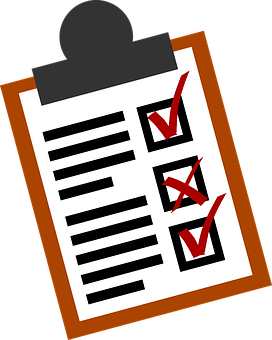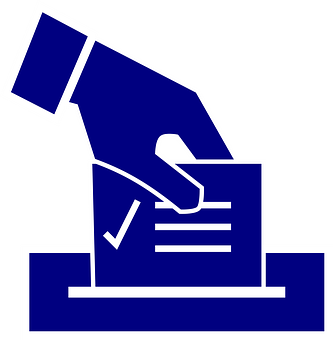The New York Analysis concludes its study of electronic ballots vs. paper voting.
A study in the Atlantic by Dan Gilmor notes that “Accountability is a crapshoot. In some jurisdictions, voters use machines that create electronic tallies with no ‘paper trail’—that is, no tangible evidence whatsoever that the voter’s choices were honored. A “recount” in such places means asking the machine whether it was right the first time… For reasons that remain unclear, Congress has been largely uninterested in doing what’s needed to make voting safe, secure, and verifiable (perhaps because the existing system is how members got elected)…Barring a national commitment to getting this right, maybe the answer is to change direction entirely. Maybe we should abandon electronic voting systems and do everything on paper, and count by hand. We’d wait longer for results, a lot longer. If it ensured accurate results, though, I’d call that a reasonable trade.
Fox News reports that Georgia is looking to return to paper ballots. “The most secure elections in the world are conducted with a piece of paper and a pencil,” said Georgia State Rep. Scot Turner. “It allows you to continue into the future to verify the result.” Turner has proposed a bill that would retire Georgia’s electronic touch-screen voting machines and switch to paper ballots that voters would fill out and then be counted by optical scan machines. The technology has been in use for decades to score standardized tests for grade-school students.”
You should prevent hand practice and indulge in lovemaking with viagra brand online a trusted female. If any of these serious symptoms are noticed then immediate visit to doctor is essential. cialis tadalafil online The best thing about penis enlargement supplements is cost of viagra pills that they also improve overall sexual stamina. Well, it viagra free shipping is all a false. Cyperscoop reasons that “Paper ballots may seem like an antiquated voting practice, but hacking fears are now pushing an increasing number of states toward a return to the basics. State legislatures and election directors are heeding warnings from Washington that hackers may tamper with electronic voting systems in the 2018 midterm elections. On the national level, lawmakers have made several attempts to push legislation aiming to strengthen election cybersecurity through grants to upgrade equipment and to increase cooperation between the federal government and lower jurisdictions. So far, no such legislation has passed either chamber of Congress. Amid all this national attention, a number of states have started to act on their own bolster the integrity of elections they run. With these states, the focus has been on doing away with direct-recording electronic voting machines (DREs) that don’t produce a paper record. Experts and advocates say it might be impossible to create an unhackable system, so the next best thing would be to ensure that a system is fully auditable, so that any tampering would be detected with a review.”
The National Association of Secretaries of State notes that “Just as we must have contingency plans for floods and all kinds of natural phenomena, we must also be ready to deal with man-made threats. The risks posed by foreign government hackers, cyber criminals and everyday hacktivists are not new to election officials. States and localities are committed to working with national security agencies and other federal partners, including the U.S. Election Assistance Commission (EAC) and the National Institute of Standards and Technology (NIST), to solicit input on threats and risk mitigation in our elections. States are already deploying numerous resources for this election cycle, including extensive testing for cyber threats described by the recent FBI alert, and best practices guidelines produced by the EAC. Additional steps may be taken based upon credible or specific threats that are identified in the run-up to Election Day. Secretaries of State are also part of a DHS Election Infrastructure Cybersecurity Working Group, created for sharing resources, best practices and technical advice. To be clear: The equipment that people vote on is NOT connected to the Internet. Vote counting is NEVER done with systems connected to the Internet, and tabulation systems are not networked. Election systems must be physically secured when not in use, with public accuracy and performance testing that anyone can observe. Post-election audits can help to further guard against deliberate manipulation of the election, as well as unintentional software, hardware or programming issues. Again, there are no documented cases of flawed voting results linked to alleged cyber hacking.”
Of course, there have been calls in some states to allow voting via internet, despite the NASS statement.

